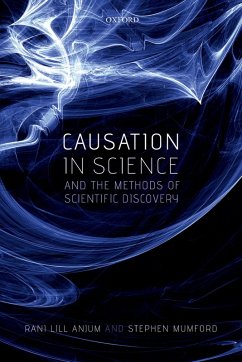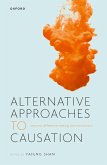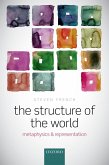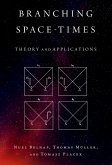Causation is the main foundation upon which the possibility of science rests. Without causation, there would be no scientific understanding, explanation, prediction, nor application in new technologies. How we discover causal connections is no easy matter, however. Causation often lies hidden from view and it is vital that we adopt the right methods for uncovering it. The choice of methods will inevitably reflect what one takes causation to be, making an accurate account of causation an even more pressing matter. This enquiry informs the correct norms for an empirical study of the world. In Causation in Science and the Methods of Scientific Discovery, Rani Lill Anjum and Stephen Mumford propose nine new norms of scientific discovery. A number of existing methodological and philosophical orthodoxies are challenged as they argue that progress in science is being held back by an overly simplistic philosophy of causation.
Dieser Download kann aus rechtlichen Gründen nur mit Rechnungsadresse in A, B, BG, CY, CZ, D, DK, EW, E, FIN, F, GR, HR, H, IRL, I, LT, L, LR, M, NL, PL, P, R, S, SLO, SK ausgeliefert werden.
Hinweis: Dieser Artikel kann nur an eine deutsche Lieferadresse ausgeliefert werden.









